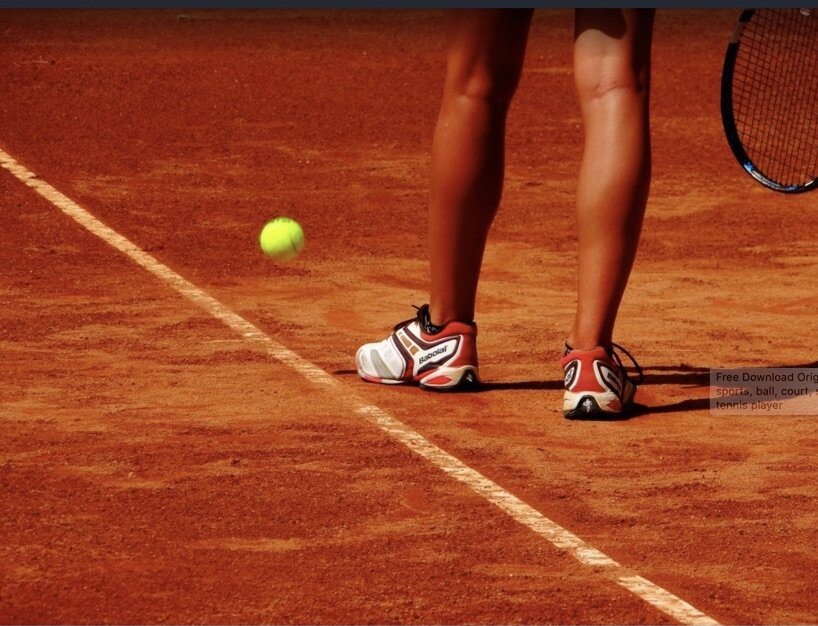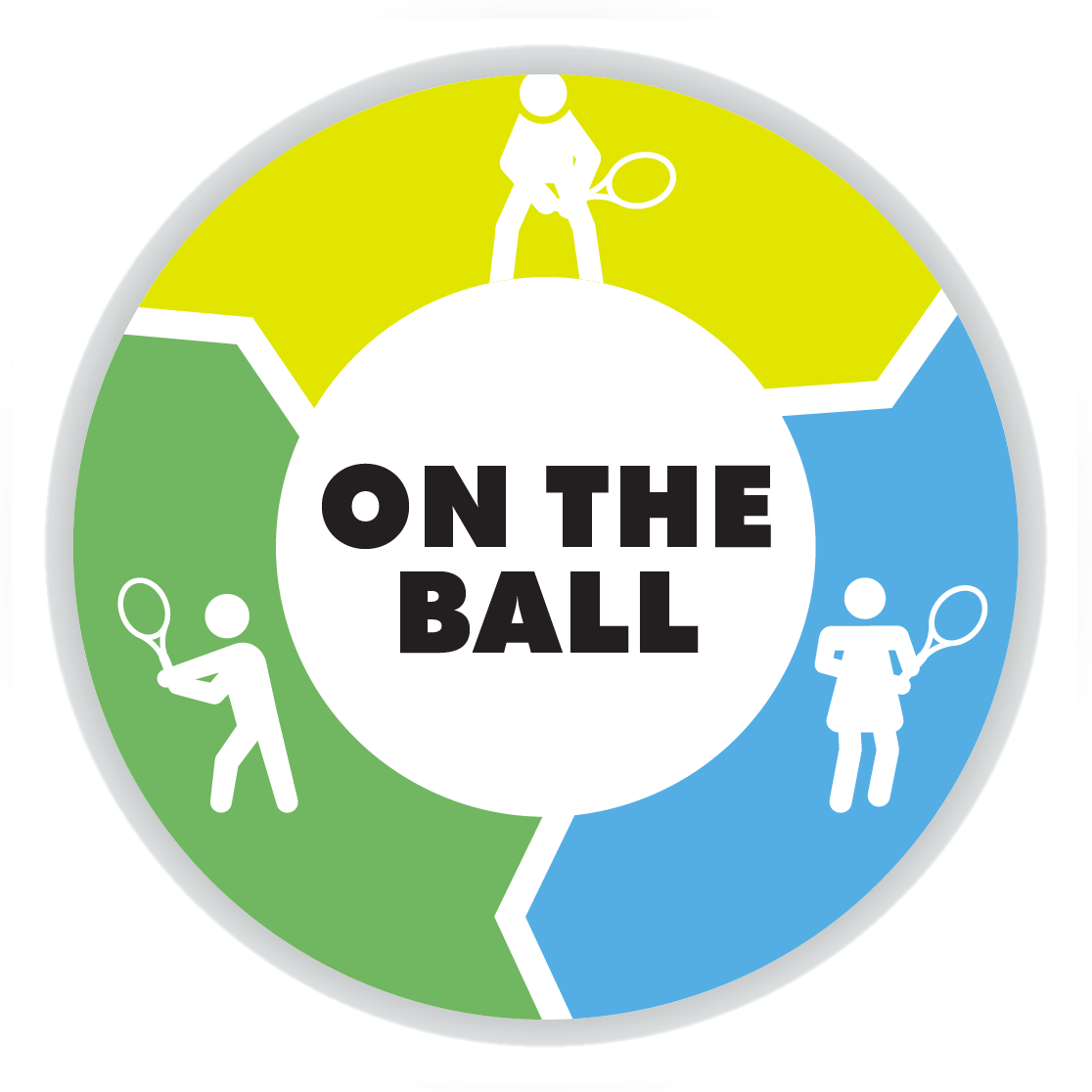Double fault! How does that term make you feel just from reading it? For me, it musters the most negative thoughts: blame, pressure, failure, disappointment. It makes me feel tense, annoyed, frustrated, and under the spotlight. It’s what I imagine forgetting your lines on stage would feel like for an actor in a live performance.
This is the off-season for me since summer USTA has ended. It’s the season when I work on specific areas of my game that I want to improve, having identified them during the previous competitive season. I recognize that when learning something new, we often regress before we see noticeable improvement. That’s why now is the right time to make changes, because my tennis diet consists of lessons, practice, and practice matches without the pressure of competitive matches.
This off-season, I’ve finally bolstered the courage to improve my serve. For ages, I’ve been of the mindset to leave well-enough alone as my serve was adequate, and my focus was on improving other aspects of my game. But I have known for quite some time, from random glimmers of an occasional great serve, that I am capable of better. My goal is to work on technique to consistently get more out of all of my serves.
Subsequently, I’ve experienced an increase in double faults during my practice matches. Cognitively, I know mistakes are to be expected as I try to implement a change to a stroke, especially when under pressure of playing an opponent. But even though I tell myself this and try to be accepting of mistakes during the learning process, I find I am still experiencing the tension in my body created by the thoughts associated with “double fault”.
When I practice, I serve well at least half of the time, if not more. Because I’m not playing an opponent, I remain relaxed and focused on the process. The question is, what can I do about the tension in my body when I’m in a match and I double fault? Working with my coach this summer on various aspects of the mental game, we focused on ways to mentally reset after making an error. I decided that to develop an effective reset for missing serves, I needed to identify something physical I could tap into during match play to help me move on quickly after the missing a serve.
Some coaches will advise players to smell the ball to help shift a player’s focus away from negative thoughts and feelings and back to their bodies and the ball. Since you hold a ball when serving, smelling the ball seemed an obvious choice to use as a good reset button to help me avoid a double fault. Other options could be focusing on the toss or serve placement to move your mind forward to the next point. Pre-serve routines are immensely useful in helping players to reset as well--bouncing the ball, visualizing, or whatever your particular habit is.
An effective reset should be a tool that helps players take their focus off of a mistake as well as helping their bodies to loosen up. Resets should be practiced just like other technique. Therefore, I decided that in order to connect smelling the ball with positive thoughts and feelings, I should add it into my serving practice because 1) I’m in a more relaxed state during practice, and 2) I want to be able to recreate this relaxed focus when I’m serving in a match. For every serve, I smelled the ball before tossing it up. I made a point to think about how I was feeling as I did it. Interestingly, I noticed that the number of successful serves I made increased during this new practice protocol.
Smell the ball—reset
The next time I played in a match, when I missed my first serve, I took a moment to smell the ball before serving the second. To my delight, I rarely double faulted. I will continue to practice serves this way for my entire off-season. In a few months, I’ll write an update to let you know how my journey progressed.
I encourage you to develop resets that you can fall back on when you feel stressed or distracted in a match. Please reach out to me to share your story. I’d love to know what other methods players develop to tackle their mental gremlins.
UPDATE (23 NOV ‘20)—In light of COVID-19, I’m working on a different reset for serving. Some people were under the impression that I was touching my nose to the ball when smelling it. Though I hold it out from my nose, I do not want to cause concern to my opponents at the far end of the court who may think I am contaminating the ball. Therefore, I’m using the feel of the fuzzy ball on my finger tips as my “reset.” This tactile sensation has a similar effect to smelling the ball.








